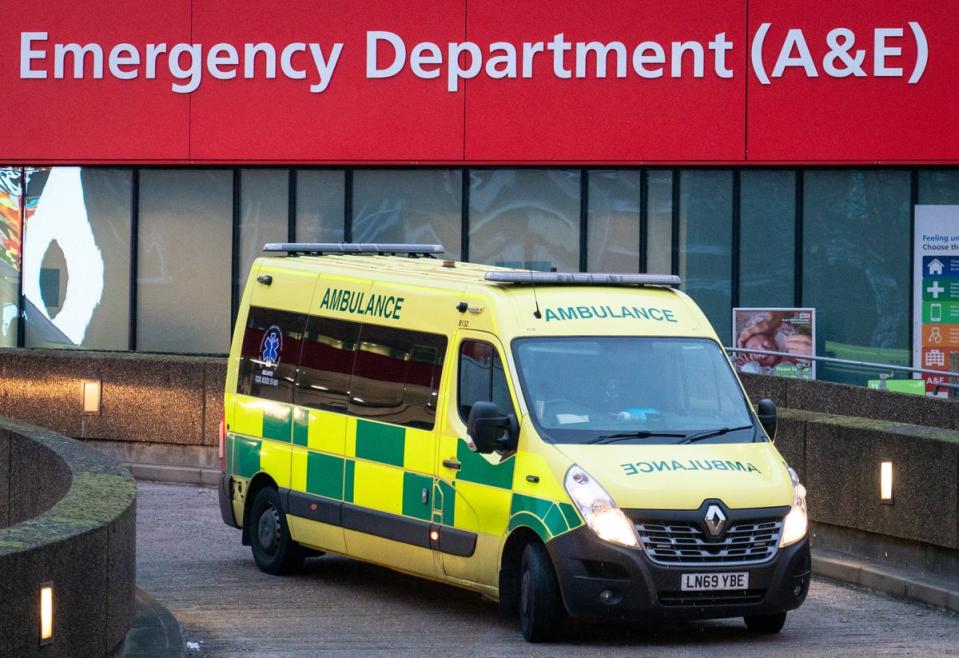Ambulances turning up to emergencies without life-saving drugs, damning report finds
Ambulances in the North East frequently turned up to emergencies without life-saving drugs, a damning inspection report found.
Poor management of medicines at North East Ambulance Service NHS Trust (NEAS) potentially put patients at risk as paramedics responded to calls without drugs such as morphine and seizure medication, the Care Quality Commission (CQC) found.
Mislabelled bags of medicines were found in ambulances and “numerous incidents” were reported of missing medicines that were unaccounted for.
The inspectorate found services had got worse and downgraded its rating of NEAS’s urgent care to “inadequate”.
In response, NEAS said it had faced a year of “unprecedented pressures”. The trust was handed a warning notice after the unannounced inspection in September.
The CQC considered the trust’s leadership, emergency care, emergency operations centre (EOC) and the NHS 111 service.
The report laid bare a decline in standards across the board since the last inspection in 2018:
NEAS Trust – down from “good” to “requires improvement”
Emergency and urgent care – down from “good” to “inadequate”
NHS 111 service – down from “good” to “requires improvement”
EOC – down from “good” to “requires improvement”
Well-led rating downgraded to “inadequate”
Sarah Dransfield, CQC’s deputy director of operations in the north, said: “When we inspected NEAS NHS Foundation Trust we found a deterioration in the services being provided, especially in urgent and emergency care where this had potential for people to be placed at risk of harm.
“It was particularly concerning that staff didn’t always have access to critical medicines needed to treat patients and some crews didn’t have time to complete vehicle medicine checks, resulting in treatment delays.”

In a staff survey for the inspection, workers said they felt under pressure and did not feel supported or valued. Some said they felt uneasy about raising concerns due to fear of blame or reprisal.
The report was also critical of the trust’s leadership, highlighting a lack of effective systems to seek and act on feedback from emergency workers.
“We were concerned the trust was not always thoroughly investigating incidents and may have made decisions based on limited information, reducing the ability to identify learning and prevent reoccurrence,” Ms Dransfield said.

